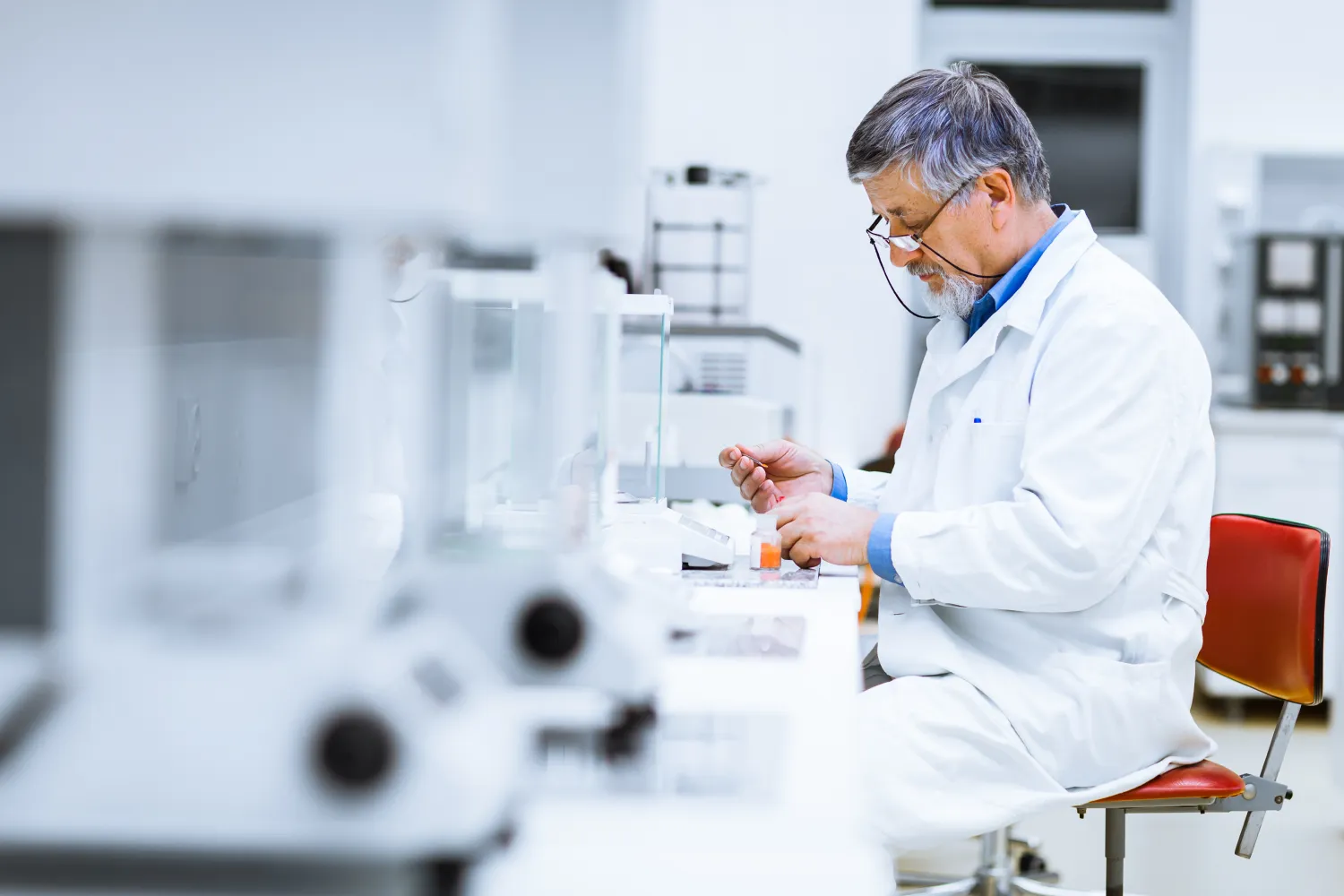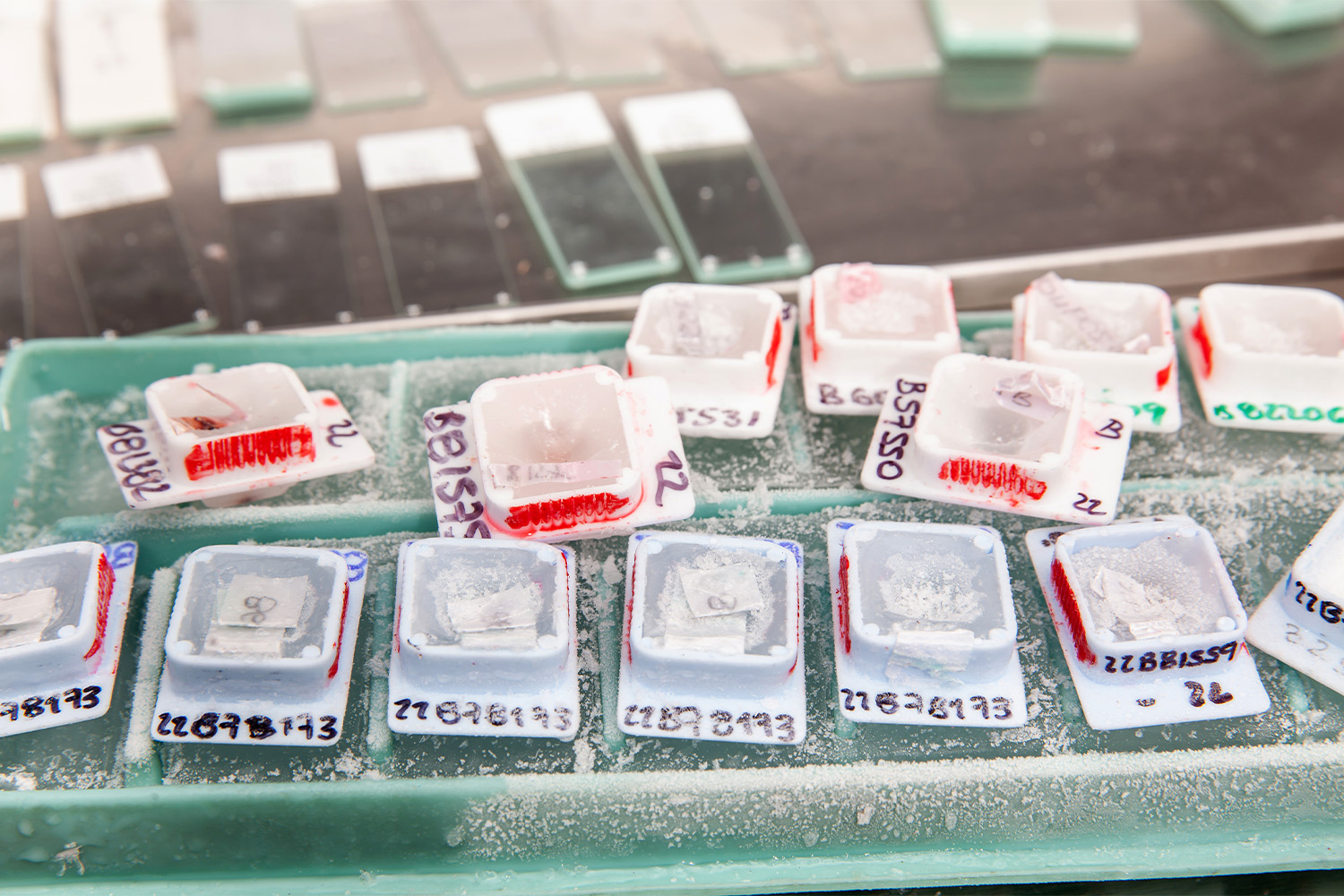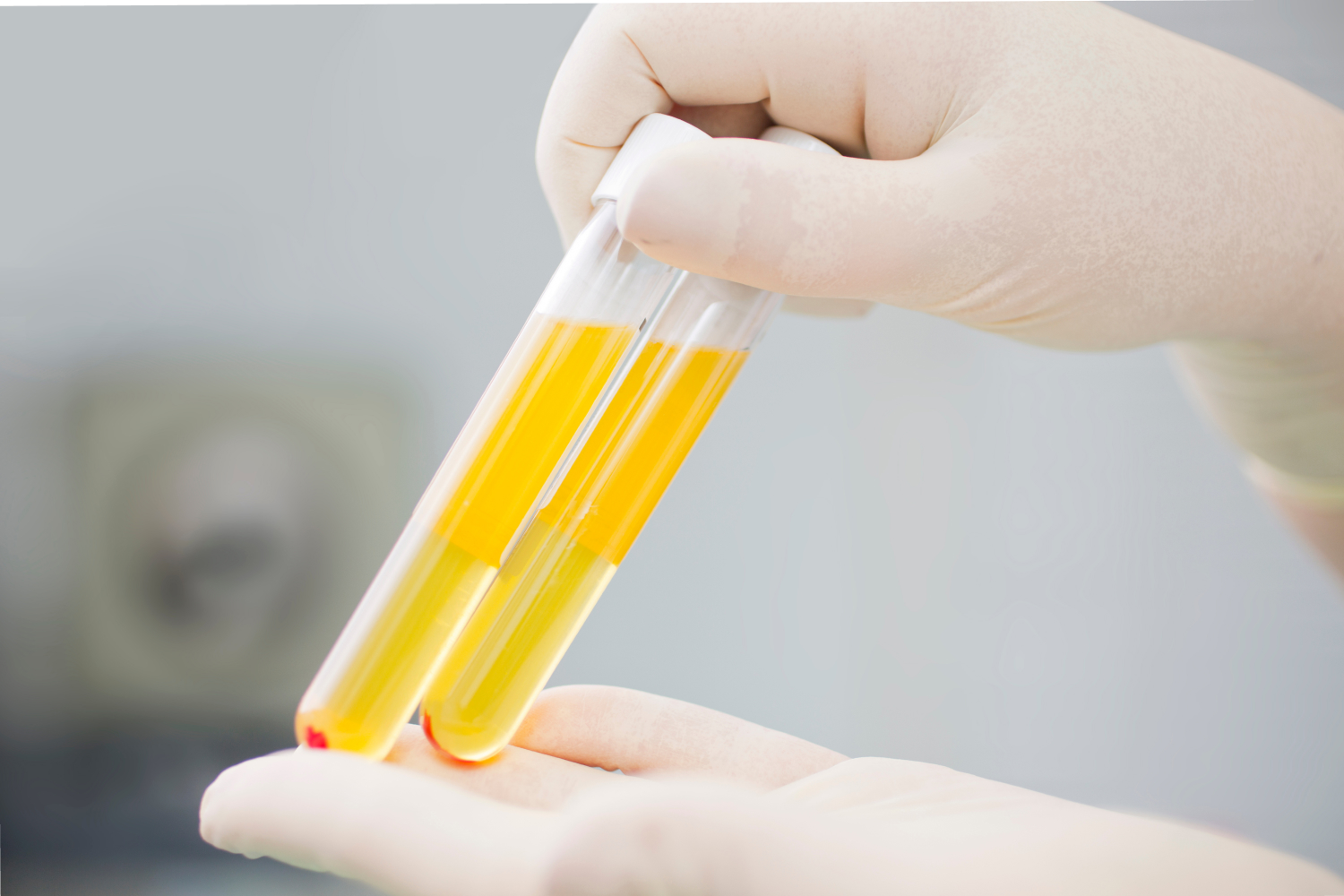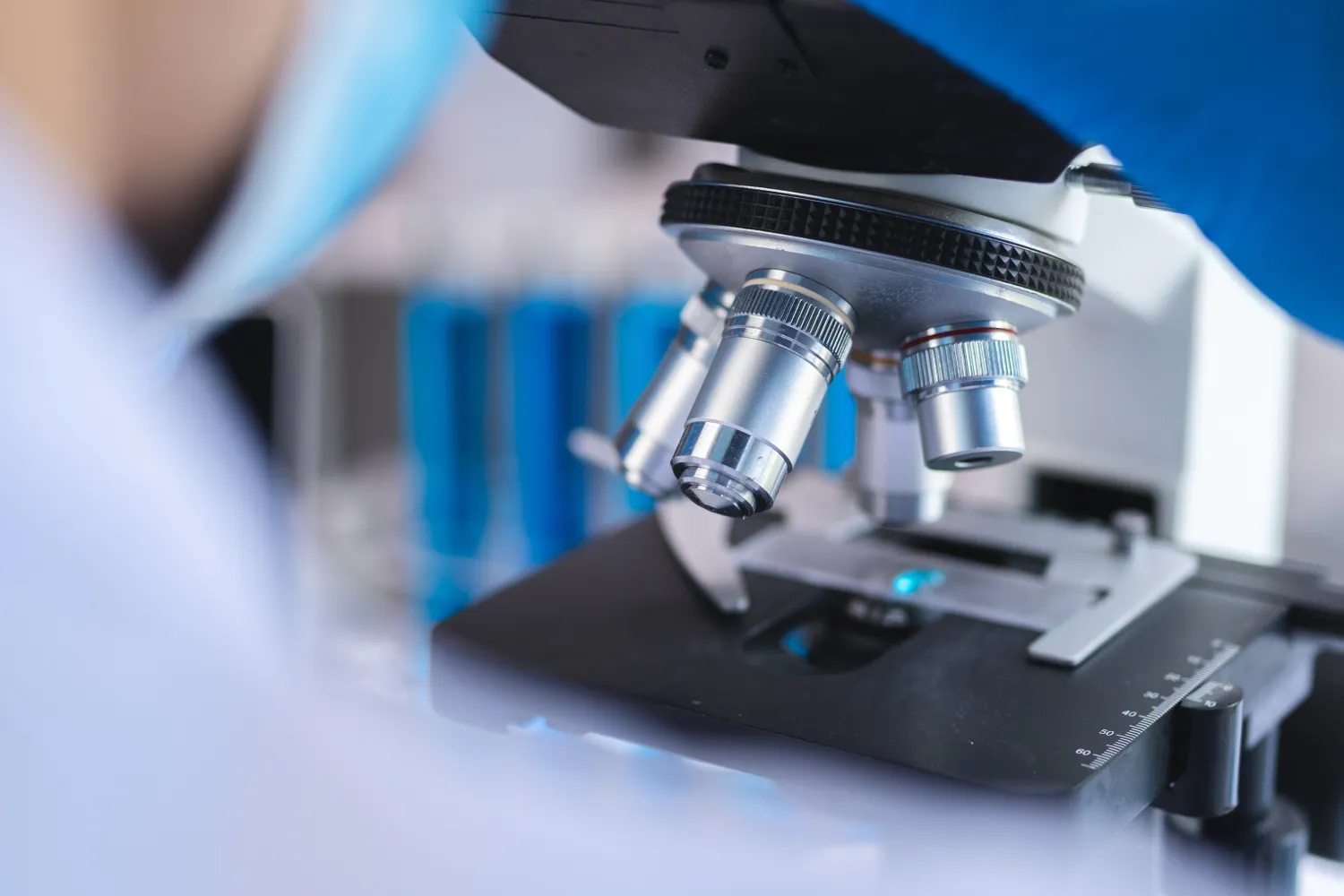In the evolving landscape of biomedical research, biospecimens stand as crucial pillars, driving unprecedented advancements and insights. These biological samples, ranging from blood to tissues, serve as windows into the human body, facilitating our understanding of various diseases, their mechanisms, and potential therapeutic interventions.
As powerful as the specimens themselves is the data they generate.
In an era of collaborative research, data sharing and access policies are paramount, ensuring that findings are disseminated responsibly, ethically, and efficiently. Navigating the intricate balance between open access and data privacy has become an imperative conversation in the biomedical community, shaping the future of research endeavors and their impact on global health.
The Value of Biospecimens in Modern Medicine
Biospecimens serve as the cornerstone of breakthroughs in the realm of medical research. These samples have ushered in an era where understanding diseases at their core molecular levels is not just a possibility but a reality. Here’s a closer look at their indispensable contributions.
Catalyzing Change in Research
Biospecimens have revolutionized the medical landscape by offering a detailed snapshot of physiological states, bridging the gap between cellular activities and the emergence of diseases.
Decoding Complex Diseases
With the aid of tumor tissue samples, researchers have successfully decoded various cancers at genetic and molecular levels.
This has paved the way for:
- Targeted drug therapies that are notably more effective.
- Reduction in the toxicity of treatments.
Championing Precision Medicine
As the wave of precision medicine sweeps across the medical field, biospecimens play a pivotal role in customizing treatments. These are tailored according to an individual’s unique genetic blueprint, ensuring treatments are not only effective but also minimize side effects.
At the same time, biomarker identification through biospecimens has expanded diagnostic capabilities. Conditions once considered elusive are now detectable in their nascent stages, elevating the likelihood of successful therapeutic interventions.
Shedding Light on Rare Diseases
Despite their low prevalence, rare diseases have found a beacon of hope in biospecimens. By meticulously examining biological samples from affected individuals, scientists are unraveling intricate details about these conditions. This has significantly expanded research horizons, bringing forth potential treatment avenues.
In a nutshell, biospecimens stand as the stalwarts of contemporary medicine, continually redefining the boundaries of our medical knowledge and capabilities.
Data Sharing in Biospecimen Research: Why It Matters
In the dynamic realm of medical research, where innovation and discovery are paramount, collaboration is the bridge to transcendence. Data sharing, especially in biospecimen research, has proven to be a linchpin for this collaboration, ushering in a plethora of benefits and advancements.
Collaborative Research and Pooled Data
One cannot overstate the power of collective minds. By pooling data from various sources, researchers can benefit from diversified sets of biospecimens, thus enhancing the depth and breadth of their studies. This comprehensive approach facilitates a holistic understanding of diseases, which might not be possible through isolated research efforts.
Benefits of Data Sharing
There are many benefits of data sharing when done ethically and with the patient’s privacy in mind.
Accelerating Research
When researchers have access to shared datasets, they are endowed with a treasure trove of already collated information. This not only provides a head-start to their endeavors but also facilitates the cross-referencing of findings.
Access to diverse data can unearth patterns and connections that otherwise might have remained obscured, significantly cutting down the time it takes to arrive at meaningful conclusions.
Avoiding Redundant Studies
Redundant research isn’t just about wasting resources; it’s about lost opportunities. By tapping into shared data, scientists can sidestep the pitfalls of duplicated studies and instead channel their energy and resources towards unexplored or under-researched areas, maximizing the potential for groundbreaking discoveries.
Increasing Trust Among Participants
The transparent sharing of data can foster a robust sense of trust among participants. When individuals discern their contributions being meticulously managed, shared, and utilized for the collective benefit of the scientific community, their faith in the research process strengthens.
This enhanced trust can lead to more willing participation, better communication between researchers and subjects, and a more inclusive research environment.
Enhancing Peer Review
Shared data facilitates a more thorough and transparent peer review process. With access to raw data, reviewers can better understand, evaluate, and validate the methodologies and results of studies. This can lead to improved research quality and integrity.
Facilitating Multi-Disciplinary Collaboration
One of the unsung advantages of data sharing is the fusion of different scientific disciplines. When data becomes accessible to a broader spectrum of researchers, it can lead to cross-disciplinary studies, bringing in varied expertise and perspectives and potentially leading to innovative solutions to complex problems.
Key Considerations in Biospecimen Data Sharing
As the scientific community continues to recognize the profound advantages of sharing biospecimen data, it’s crucial to navigate the associated challenges with care. Data sharing is not just about granting access; it involves multifaceted considerations, all vital to preserving the trust of participants and maintaining the integrity of the research.
Below are some key areas to take into account.
Patient Consent and Its Central Role
At the heart of any ethical research lies informed consent. It is pivotal for participants to understand the scope, benefits, and potential risks associated with sharing their biospecimen data.
This understanding ensures that their participation is voluntary and informed. In many instances, participants are willing to contribute when they recognize the potential societal benefits, but they need comprehensive details to make that choice.
Given the rapid evolution of research methodologies and objectives, static consent forms can become outdated. Adopting a dynamic consent model, where participants can modify their permissions based on new research or data usage scenarios, can be more aligned with the evolving nature of scientific inquiries.
Ensuring Data Privacy and De-Identification
As biospecimen data inherently carries personal identifiers, it is paramount to employ techniques to de-identify this data before sharing. De-identification ensures that personal details cannot be linked back to individuals, safeguarding their privacy.
Alongside de-identification, data encryption provides an added layer of protection. By converting data into code, unauthorized access becomes exponentially challenging, ensuring that shared biospecimen data remains confidential and secure.
Intellectual Property and Ownership Considerations
One of the pressing issues in data sharing is determining who “owns” the data. Is it the individual from whom the biospecimen was derived? The institution that banked it? Or the research entity that utilized it? Clarifying these nuances can prevent potential disputes and ensure smooth sharing processes.
To mitigate potential intellectual property conflicts, research entities can adopt licensing models. By defining who can access the data, for what purpose, and for how long, such models can streamline the sharing process and protect proprietary research interests.
Establishing Standardized Data Formats for Seamless Integration
With researchers across the globe working on varied platforms and utilizing different methodologies, the data they produce can be immensely diverse. Adopting standardized data formats ensures that when such data is shared, it can be easily integrated, analyzed, and cross-referenced without extensive reformatting.
Standardized formats promote interoperability, allowing different data systems to work in tandem. This interoperability can pave the way for collaborative, multi-center studies, amplifying the impact and scope of research endeavors.
Challenges in Implementing Data Sharing and Access Policies
In the age of digital transformation and open science, the importance of sharing biospecimen data for accelerated research is clear. However, this ambitious endeavor does not come without its challenges. Implementing effective data sharing and access policies necessitates confronting and resolving a myriad of complex issues.
Diverse Regulatory Landscapes
Different countries and regions have unique regulatory frameworks governing biospecimen data sharing. For researchers and institutions operating internationally, navigating these varying regulations can be daunting.
What’s permissible in one jurisdiction might be prohibited in another, leading to potential legal pitfalls and hindrances in collaborative efforts. Ensuring compliance across borders often requires significant resources, both in terms of time and expertise.
Infrastructure and Technological Limitations
While the idea of a global database for biospecimens sounds promising, the practicalities of setting up and maintaining such a system can be challenging. There’s a need for high-capacity servers, robust data protection measures, and sophisticated software capable of handling massive datasets while ensuring seamless access for authorized personnel.
Not all research institutions possess the requisite infrastructure or technological prowess, potentially leading to disparities in data-sharing capabilities.
Cultural and Ethical Differences
Cultural perceptions about data privacy and sharing can vary widely. In certain societies, there’s a deep-seated skepticism about sharing personal information rooted in historical or political contexts. These cultural nuances can influence participants’ willingness to share their biospecimen data.
Ethical considerations also come into play, especially when dealing with indigenous or marginalized communities. For them, biospecimens might have cultural or spiritual significance, necessitating a more nuanced approach to data sharing.
Maintaining Data Quality and Integrity
As more and more data gets shared, ensuring its quality and integrity becomes paramount. There’s a risk of data corruption, unintentional modifications, or even malicious tampering. Institutions need to put in place rigorous validation processes and quality checks. This not only ensures that the shared data remains accurate but also bolsters trust among collaborating entities.
Balancing Transparency and Privacy
Striking the right balance between openness and privacy is perhaps the most delicate challenge. On the one hand, there’s a push for more transparent and accessible research.
On the other, there are valid concerns about privacy breaches and potential misuse of data. Crafting policies that satisfy both imperatives requires a deft touch, informed by ongoing dialogues with stakeholders.
In grappling with these challenges, the scientific community must remain steadfast in its commitment to ethical, transparent, and collaborative practices. The potential rewards of effective data sharing — accelerated discoveries, enhanced patient care, and a more holistic understanding of human health — are well worth the effort.
iProcess Global Research’s Approach to Data Sharing and Access
At iProcess Global Research, we recognize the transformative potential of biospecimen data sharing and are deeply committed to pioneering practices that ensure ethical and effective dissemination of information.
Our multifaceted approach reflects the core tenets of modern research and global collaboration:
- Ethical commitment: The rights and concerns of patients are always front and center in our operations. Our rigorous protocols ensure that patient consent is informed and transparent and can be revoked if the individual feels uncomfortable at any stage.
- State-of-the-art security: Beyond just employing advanced encryption methods, we incorporate the latest cybersecurity trends to guard against emerging threats. This ensures that the confidentiality and integrity of all shared data remain uncompromised.
- Standardization for global integration: By adopting and advocating for universal data standards, we are facilitating the seamless integration of our datasets with international research initiatives. This global perspective widens the scope of potential breakthroughs.
- Collaborative mindset: By collaborating with researchers, institutions, and stakeholders across the spectrum, we can create a cohesive ecosystem where data sharing accelerates progress without compromising individual rights.
- Continuous improvement and adaptability: The world of biospecimen research is ever-evolving. Recognizing this, we remain proactive, consistently seeking feedback from peers and participants alike.
With these pillars guiding our mission, iProcess Global Research is not only facilitating progress in the world of medical research but also shaping the very paradigms by which biospecimen data is shared and accessed in the global community.
Conclusion
The journey of advancing medical research using biospecimens is both promising and fraught with complexities. Data sharing and access policies, when implemented with consideration and care, can indeed catalyze groundbreaking discoveries.
At iProcess Global Research, we are proud to be at the forefront of this endeavor, championing responsible and innovative data practices. The horizon of medical science beckons, and with collective diligence and collaboration, we can navigate the challenges and pave the way for a brighter, healthier future for all.
Sources:
Biospecimen and Biorepository Basics | Patient Corner | BBRB
Data Sharing and the Growth of Medical Knowledge | JAMA Network
Open science – Enabling discovery in the digital age | OECD iLibrary




